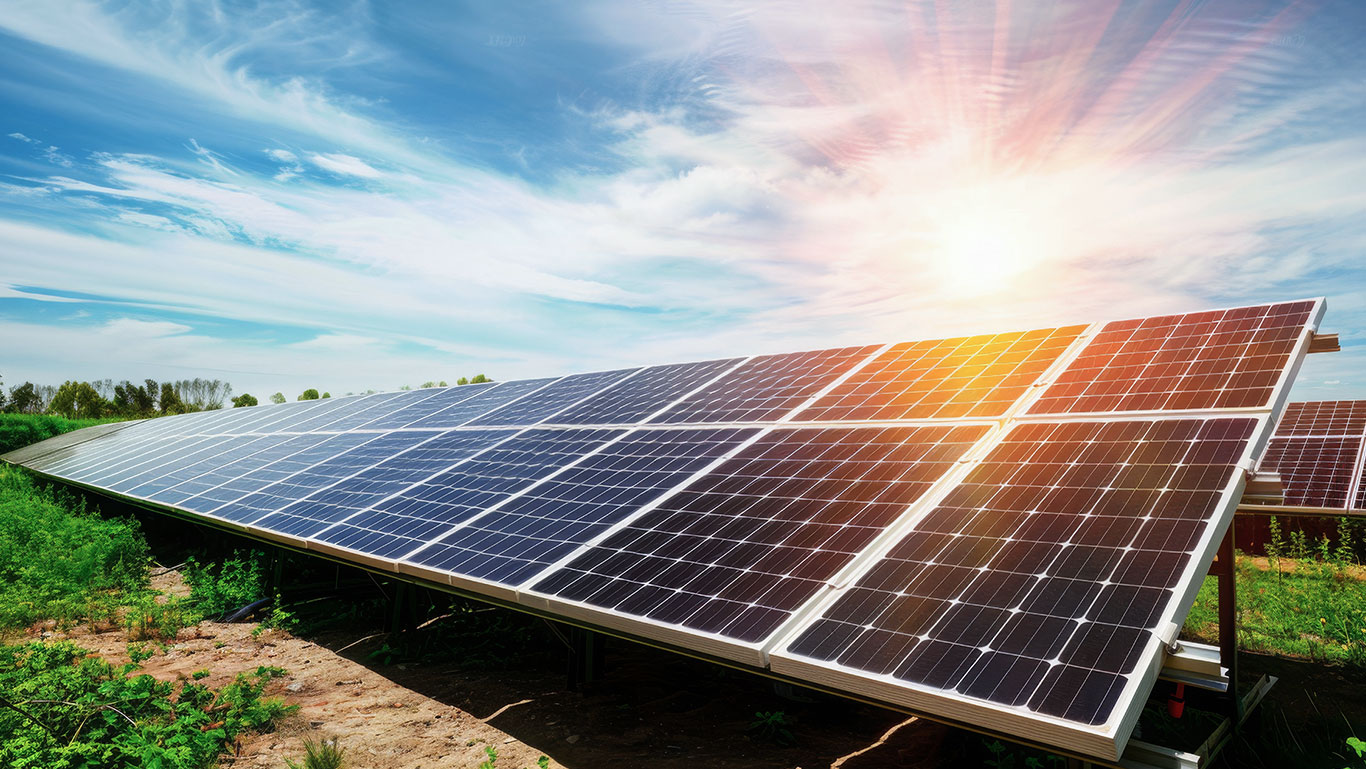As the agricultural landscape in Islamabad evolves, farmers face increasing challenges, from rising energy costs to the pressing need for sustainable practices. In this context, solar power emerges as a transformative solution that not only enhances productivity but also promotes environmental sustainability. By harnessing the sun’s energy, Islamabad’s farmers can significantly reduce operational costs while adopting eco-friendly practices that align with global sustainability goals.
The Importance of Sustainable Agriculture
Sustainable agriculture is essential for addressing the dual challenges of food security and environmental conservation. In recent years, Islamabad has witnessed a growing awareness among farmers about the benefits of sustainable practices. Traditional farming methods, often reliant on fossil fuels, contribute to greenhouse gas emissions and environmental degradation. Thus, there is an urgent need to transition to renewable energy sources like solar power to ensure a more sustainable agricultural future.
Solar power offers a plethora of advantages, particularly in an agricultural setting. With the ability to generate energy from a renewable source, farmers can significantly lower their energy costs, which is crucial for maintaining profitability. Moreover, solar energy can improve irrigation efficiency and provide reliable power for various farming operations, thereby enhancing overall productivity.
Advantages of Solar Energy for Farmers
The integration of solar energy into agricultural practices brings numerous benefits. One of the most significant advantages is the reduction in energy expenses. Farmers often face fluctuating energy prices, which can strain their budgets. By investing in solar-powered systems, they can stabilize their energy costs and redirect their savings toward other essential aspects of their operations.
Additionally, solar energy enhances agricultural productivity. For instance, solar-powered water pumps enable efficient irrigation, ensuring crops receive adequate water without excessive energy consumption. This not only boosts crop yields but also conserves water resources—an increasingly critical factor in agricultural sustainability. Furthermore, solar lighting extends working hours, allowing farmers to maximize their productivity throughout the day.
Agricultural Solar Solutions in Islamabad
To fully capitalize on the benefits of solar energy, Islamabad’s farmers can explore specialized agricultural solar solutions in Islamabad tailored to their unique needs. Companies like AE Power offer comprehensive services that encompass site assessments, customized energy solutions, and strategic planning. Their experts work closely with farmers to analyze energy requirements, site conditions, and specific goals, ensuring that the solar systems installed are efficient and aligned with future energy demands.
These agricultural solar solutions include various applications, from solar-powered irrigation systems to energy-efficient lighting and refrigeration. By investing in these technologies, farmers can not only enhance their productivity but also contribute to a more sustainable agricultural ecosystem.
Custom Planning and Strategic Implementation
The transition to solar power in agriculture requires meticulous planning and strategic implementation. AE Power emphasizes the importance of a customized approach to solar energy adoption. Their process begins with a comprehensive site assessment, allowing experts to understand a farm’s unique energy needs and operational requirements. This assessment is crucial for designing high-performing solar systems that maximize energy efficiency and returns on investment.
Moreover, AE Power focuses on ROI (Return on Investment) for farmers. While the upfront costs of solar technology may seem daunting, the long-term savings on energy bills and increased productivity can yield substantial financial benefits. As the costs of solar technology continue to decrease, the time is ripe for farmers in Islamabad to make the switch.
Environmental Benefits and Sustainability
The adoption of solar power significantly contributes to environmental sustainability. By reducing dependence on fossil fuels, solar energy helps lower carbon emissions and minimizes the ecological footprint of agricultural practices. Farmers in Islamabad can engage in eco-friendly methods that not only protect the environment but also resonate with consumers who are increasingly conscious of sustainability.
In addition to reducing greenhouse gas emissions, solar power systems can improve land use efficiency. By utilizing solar energy, farmers can reduce their reliance on land for energy production, allowing them to focus more on crop cultivation. This dual approach promotes both agricultural productivity and environmental stewardship.
Economic Growth and Community Development
The integration of solar power into agriculture also has broader implications for economic growth and community development. By lowering energy costs, farmers can invest their savings back into their operations, leading to improved livelihoods and job creation. The growth of the solar industry in Islamabad can stimulate the local economy by creating employment opportunities in installation, maintenance, and sales of solar technologies.
Furthermore, as more farmers adopt solar solutions, a sense of community can develop around shared knowledge and experiences. Collaborative efforts can foster innovation and sustainability, enabling farmers to adapt to changing environmental and market conditions more effectively.
Conclusion
In conclusion, solar power offers a promising solution for boosting agricultural efficiency in Islamabad. By embracing agricultural solar solutions in Islamabad, farmers can reduce energy costs, increase productivity, and contribute to a sustainable future. Companies like AE Power provide the necessary expertise and support to help farmers make this transition smoothly and effectively.


